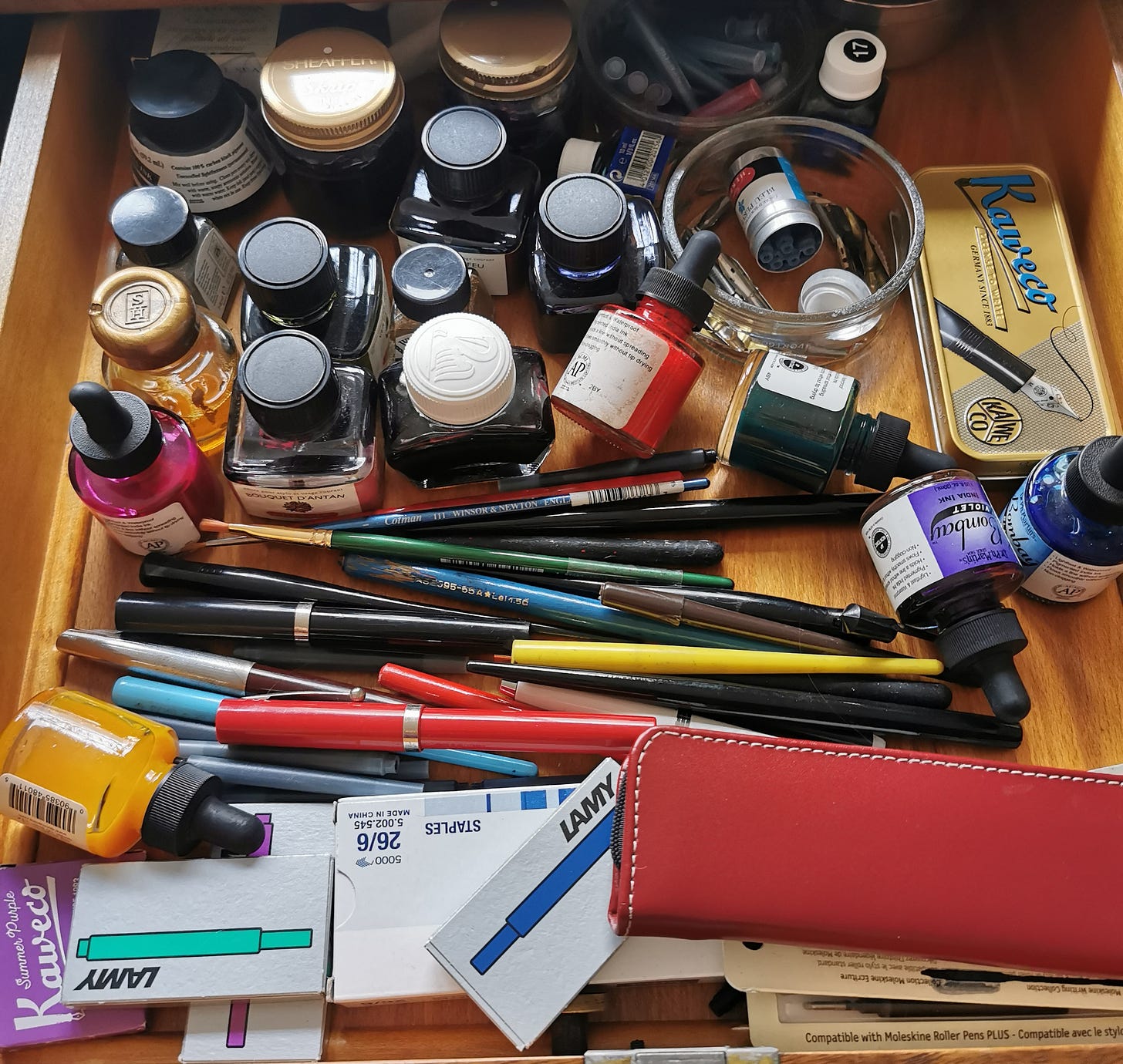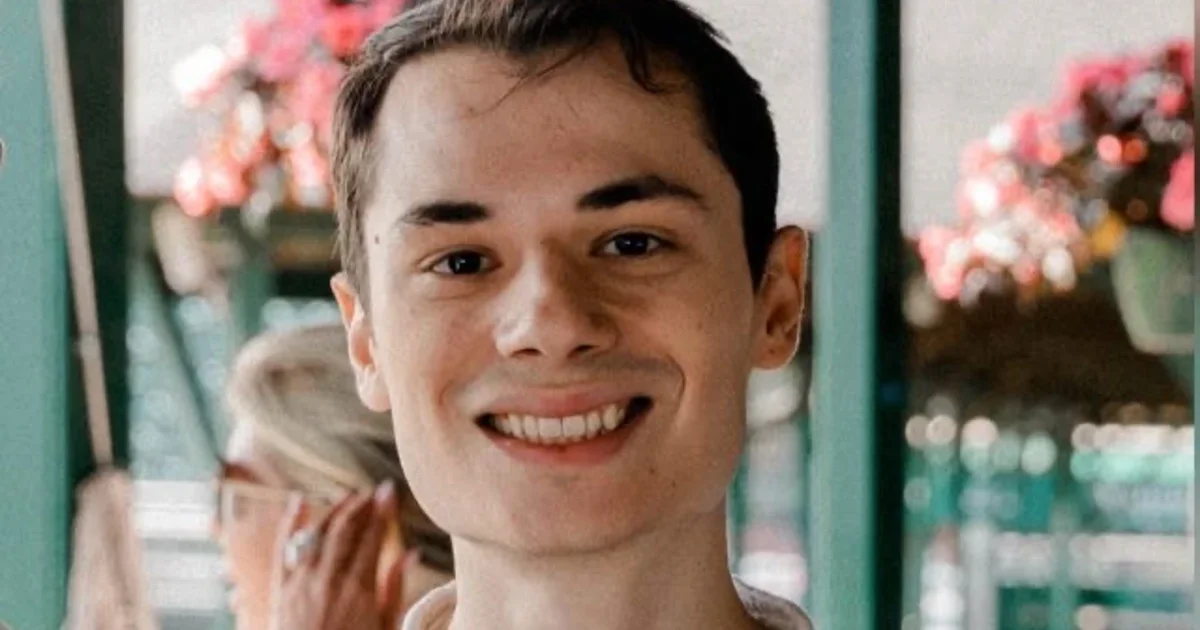The mistake was mine, really. At home with a nasty cold, unable to do anything but cough and blow my nose, I turned to the now-classic numbing mechanism: social media. I should have found some dumb show to watch online, frankly, I should have Kardashianed my brain into oblivion. But no, I had to go and click on this New York Magazine feature by James D. Walsh about students cheating on their university work with large language models.
It’s nothing new, really. If you teach in the humanities, as I do, you’ve seen the numbers of fake papers with polished, meaningless writing go up. You’ve seen your workload explode as you labour to prove that a text was generated by a machine that cannot really read or understand, instead of a human being who makes regular human being errors. You’ve heard the denials and then the bullshit excuses — memorable lines such as, “I used AI to compose my paper but it is all my work.”
What was fresh about this new take was the boldness of it. The article featured a suspended Columbia University student named Chungin “Roy” Lee who seemed, if anything, proud of just how much he could cheat his way through school. So dedicated is this person to dishonesty — at least if Walsh’s reporting is even half fair — that he’s gathered $5.3 million in startup money to build software that would let people outsource their brains in real time, and in just about any situation. Savour the final lines of this article, then grab your hair and pull it out by the roots:
“We’re going to target the digital LSATs; digital GREs; all campus assignments, quizzes, and tests,” he said. “It will enable you to cheat on pretty much everything.”
What makes me angry is not Lee. He’s a con artist and a fraud, and he’ll keep dancing that jig until he finally steps on the wrong toes. My experience is that people who lie at 18 or 20 just keep lying and lying, especially when they’re carefully protected from any consequences. My greatest fury is not really towards students who cheat either, though I am angry at and disappointed in them. It’s not that I don’t hold them responsible — college-aged students are adults and should be treated as such — it’s just that most of them don’t have an enormous amount of experience. They don’t know what they’re losing when they destroy their ability to read, to concentrate, and to write.
No, what makes me angry is a society that has so few values, such an attenuated sense of human worth and flourishing, that it jumps to sell off the brains and potential of its young people for — what? A technological fad? A culture-wide obsession with keeping up with the most asinine of the Joneses?
So what you have are educators howling into the dark, frustrated at what they can no longer even imagine teaching. Or you have educators who have just given up, realizing that they can choose between selling out and burning out. These are the people who slam a low pass onto computer-produced work and save themselves the headache.
Two years ago I published an essay in The Walrus in which I argued that people misunderstand the purpose of writing assignments in school. The aim is not to produce a product, it’s to learn how to formulate questions and think about their readers, to internalize a body of knowledge, and to develop their creative potential in the broadest sense:
“There is a craft element to intellectual work that goes beyond sorting, criticizing, revising, and annotating. Human beings have a basic need to feel that they can make things in the world. This is why, despite the reported decline of the English major in the past decade, enrolments in creative writing programs are booming. Students, it turns out, actually want to write.”
I stand by this today as well, though I’m sure there’s someone waiting in the wings to tell me that some students are using AI to complete their creative writing assignments too. But I understated the point I believe is most important:
Encouraging young people to bypass learning how to read, think, and write is to harm them both mentally and physically. It is to deprive them of the inner resources they will need in their lives to deal with crisis. It is to imprison them in momentary trifles and distractions.
Why do I claim this? Nine years ago I published a book called Rumba Under Fire: The Arts of Survival from West Point to Delhi. It’s open access, you can download it for free at that link. The book is a collection of essays and poems about the role of arts and humanities in times of crisis. It was prompted by my own, not very extensive research into the memoirs of Romanian political prisoners in the mid-twentieth century. I was fascinated by the strategies they used to survive the Romanian gulag, and conditions that were often intended to strip them of their identity and humanity.
These people — often imprisoned because they had studied history, law, literature, theology — drew on their educations to endure and resist. They taught one another languages, held history seminars, retold stories from books, worked on mathematical problems, and made chess sets out of crumbs. Some had inner resources for which higher education was not necessary, and they drew on those, keeping one another lively with songs, the plots of movies, and imagined recipes.
The book came out before Trump was elected for the first time, and at that point I saw the danger facing Western democracies not so much in traditional censorship through laws as in a more quiet, devious kind of censorship: the pervasive belief that the humanities are useless. Because here is what I came away believing after reading those prison memoirs: formal education is, or at least should be, a way of teaching people powerful habits of mind which will serve them throughout their lives. But it often comes cloaked in workman’s clothes: finishing school, skills training, qualification for a certain kind of job. As I wrote back then:
“The good old days in which learning was universally cherished for its own sake never existed. Over the ages, students have studied the liberal arts to achieve prominence as lawyers and politicians, to pursue careers in monastery or church, to become teachers and physicians and professors and clerks.
The point is that their education gave them more than they sought. Those who later faced deep adversity were better equipped to understand, to reflect, and to endure because of their liberal arts training, whether or not they had ever aimed to acquire these inner resources. And herein lies the relationship between upheaval in institutions of higher learning and serious personal or political catastrophes.
The tragedy is not that PhDs will be underemployed or that French departments will fold. The tragedy is not that philosophy majors will become baristas. The tragedy is that young people who either cannot afford university or are forced to study strictly vocational topics will be denied the training of mind and heart that will help them comprehend and survive the greater crises to come. The tragedy is that they may be trapped in the inexorable now.”
Returning to these lines now I would revise a few things.
First of all, I have lost a great deal of my faith that educational institutions can consistently be relied upon to teach students either a body of knowledge or how to think clearly and freely about it. The urge to serve other masters is too powerful: completion grades, tuition fees, evaluation scores, trendy pedagogic theories, the educators’ or the administrators’ political or religious hobby horses.
Second, and connected to the last point, I’d insist more strongly on the potential of any given person, whether or not they had had a lot of formal education, to build the kinds of inner resources they needed to survive moments of hardship.
Third, I would argue that there is as much danger in distraction-based technologies as in politicians or social commentators. I view these technologies as a danger to everyone, across the educational spectrum, because they disrupt the kind of sustained thought and independent reflection it takes to be a whole human being.
But here is another thing I would add today, after years of teaching creative writing to academics as well as using writing in a variety of ways in my own life to work through a variety of experiences, including grief. There is a body of research at this point on the use of writing to deal with traumatic life events. The key figure here is James W. Pennebaker, who developed a protocol called “expressive writing.” In it, participants were asked to write about traumatic experiences for short periods of time, but with full honesty, and they repeated this several times. Pennebaker’s results, which I gather have been replicated, was that participants saw not only improvements in their psychological health, but that had fewer physical medical issues for which they sought treatment in the following years.
I don’t want to overstate the case, as I haven’t looked deeply into the work in this field. Take this as second hand info, not as an expert conclusion. I know there are arguments about why this works, what kinds of writing are most helpful, and whether writing about difficult life experiences really helps health outcomes or “just” quality of life.
What I will say is that I know from personal experience that writing can help a person process difficult life events. It can help make a meaningful story out of a tragic situation. It has helped me understand myself a bit better, and release some of the pains that I cannot change. I don’t know that it’s kept me from going to the doctor, but I do know that it has sustained me through many hard moments in the past years. And I’ve seen my own writing students — whether twenty or forty years old — bloom when they found a way to tap the well of their own creativity. The freedom they experienced in this, yes, but also the play, the joy. The sheer joy.
I’m not given to conspiracy thinking. In fact, I’m allergic to it. Frankly, I don’t think the world is that well organized. But if I were so inclined I would look at the fact that I now live in a society in which children are staring at little screens so much that they sometimes walk into poles, so much that they no longer read full books unless required to for school, so much that they do not move their bodies unless it’s part of a program. I would look at the fact that rates of mental illness are growing among young people, and and that the young people themselves say that technology makes them miserable but they can’t quit it. And then I would look at this latest festering cherry on a shit cake, a free technology that convinces young people they can outsource their thinking, their reading, and the very writing which they could use to make sense of the world and of themselves. And not only does this technology convince them that they can do that, the grownups in the room jump to suggest that maybe they should do everything by AI, after all, it’s the way of the future, it’s what their jobs will require, in fact it’s a kind of superpower, and they might as well get on that now. And I’d wonder whom exactly it serves to make a generation of young people sick, weak, and incapable of doing the most basic research or reflection on their own.
Look, I don’t care if professionals use AI to structure their PowerPoints or translate their emails or compose reports no one will ever read. I care a bit if they use these tools for research, because when I have tried them out on material in my own field, a good third to half of what they give me is wrong. But I’m sure there are fancier, paid versions that make fewer mistakes.
What I care about very much is a situation where education is so corrupted that it can no longer serve its true function, the one that isn’t reducible to diplomas or grades or career-oriented learning outcomes: giving young people the tools to survive whatever the world will throw at them. I care about an educational system that has given up on fostering in young people the imagination, resilience, and tolerance for boredom and failure that are necessary to build a world better than the one we have now.
Thank you for reading. I’m eager to hear your thoughts.
Irina
(No updates today, I need some tea.)












